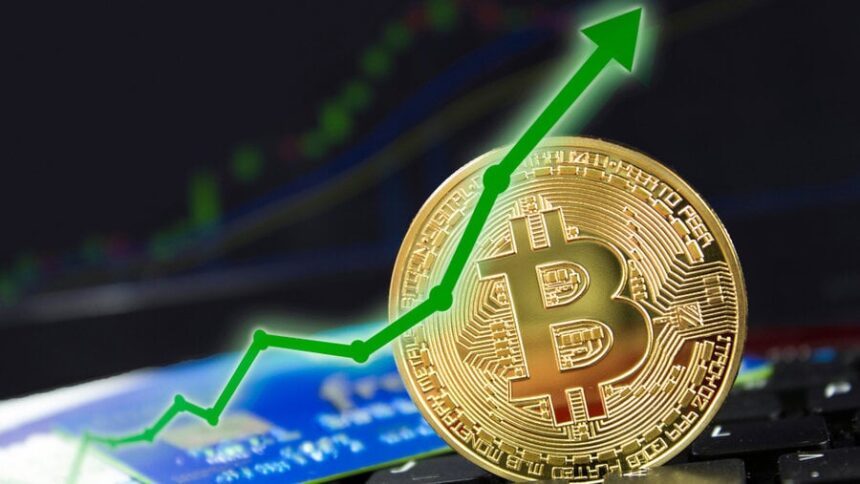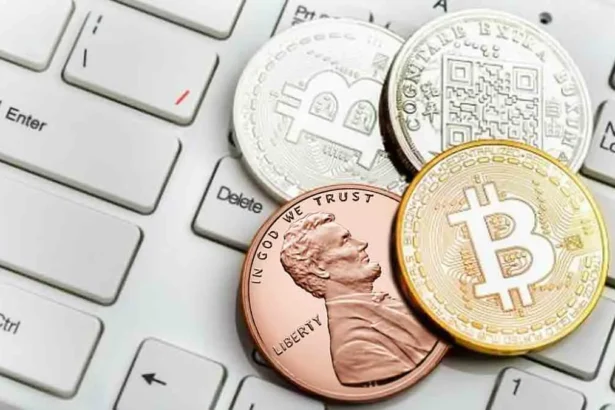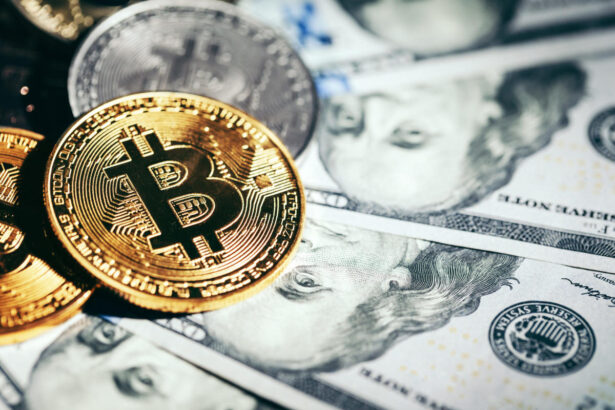Bitcoin as a National Reserve Asset: As the former President of the United States, Donald Trump secured a significant win in the 2024 presidential election, signaling a return to his “Make America Great Again” agenda. With his victory, Trump has reaffirmed his commitment to implementing policies that will bolster the U.S. economy, including creating a more crypto-friendly environment. In January 2025, when he officially takes office, Bitcoin Makes Strong Rebound After Falling Below $90.5K one of his primary objectives will be to introduce clear and transparent regulations for cryptocurrencies, aiming to foster innovation and ensure that the U.S. remains at the forefront of the global digital economy. His administration is expected to prioritize cryptocurrency as a legitimate asset class, with a focus on establishing a regulatory framework that provides clarity and protection for businesses and investors involved in the crypto space.
Senator Cynthia Lummis’ Proposal for a Bitcoin Reserve
Pro-Bitcoin U.S. Senator Cynthia Lummis from Wyoming has been a vocal advocate for Bitcoin and blockchain technology. In a strategic move to further integrate Bitcoin into the financial system, Lummis has introduced a proposal that seeks to establish a Bitcoin reserve in the U.S. This proposal envisions Bitcoin as a potential alternative to traditional reserves, such as gold, positioning it as a critical part of the nation’s financial infrastructure. The senator’s initiative is part of a broader effort to promote Bitcoin’s role in both the U.S. economy and the global financial system. By adopting Bitcoin as a reserve asset, Lummis believes that the U.S. could reduce reliance on fiat currencies and strengthen its economic position in an increasingly digital world.
Global Adoption of Bitcoin as a National Reserve
 The movement to adopt Bitcoin as a national reserve is no longer limited to the United States. Countries around the world are beginning to recognize the potential benefits of incorporating Bitcoin into their financial systems, especially as a safeguard against economic instability. Political leaders in various nations are showing increasing interest in Bitcoin and other cryptocurrencies, seeing them as a way to reduce inflation risks, diversify national assets, and attract tech-driven innovation.
The movement to adopt Bitcoin as a national reserve is no longer limited to the United States. Countries around the world are beginning to recognize the potential benefits of incorporating Bitcoin into their financial systems, especially as a safeguard against economic instability. Political leaders in various nations are showing increasing interest in Bitcoin and other cryptocurrencies, seeing them as a way to reduce inflation risks, diversify national assets, and attract tech-driven innovation.
Brazil’s Push for a Bitcoin Reserve
One of the latest countries to jump on the Bitcoin reserve bandwagon is Brazil. Brazilian Congressman Eros Biondini recently introduced a proposal for creating a Bitcoin (BTC) reserve in Brazil. This move aims to reduce the country’s vulnerability to economic volatility, particularly in light of the ongoing inflationary pressures affecting many emerging economies. By establishing a Bitcoin reserve, Biondini hopes to position Brazil as a leader in financial and technological innovation, using Bitcoin as a hedge against currency devaluation and increasing the country’s global financial influence. The proposed Bitcoin reserve initiative mirrors the efforts of U.S. Senator Cynthia Lummis, further exemplifying the growing global interest in Bitcoin as a stable financial asset.
Similar Efforts in Other Countries Facing Economic Challenges
Brazil is not alone in its pursuit of Bitcoin as a national reserve. Several other countries grappling with significant economic challenges are also exploring similar initiatives. Argentina, which has been battling high inflation rates for years, is one of the countries considering Bitcoin as a potential tool for stabilizing its economy. Morocco and Romania are also joining the ranks of nations interested in diversifying their financial reserves by incorporating cryptocurrencies, with Bitcoin being the most popular choice. These countries see Bitcoin as a potential safeguard against their fluctuating currencies and economic crises, offering a more stable, global asset to protect their financial systems.
Bitcoin’s Market Performance
As of now, Bitcoin (BTC), the largest cryptocurrency by market capitalization, is trading at $92,000. Over the last 24 hours, Bitcoin has experienced a slight decrease of 1.34%. Despite this short-term fluctuation, Bitcoin remains a dominant force in the crypto market, with a growing number of institutional and governmental players entering the space. The continued price action of Bitcoin, coupled with increasing global adoption, signals a potential future where Bitcoin could become a core component of national reserves, further solidifying its place in the global economy.
In conclusion, Bitcoin’s growing role in global financial systems, alongside the political support from leaders like Trump and Lummis, is ushering in a new era of economic innovation. With several countries adopting Bitcoin as a reserve asset, it seems that the digital currency is gaining a foothold not just in the private sector but also in national and global financial frameworks.
Conclusion
The increasing global momentum for adopting Bitcoin as a national reserve reflects a significant shift in how countries view digital assets concerning traditional financial systems. With political leaders like Donald Trump and Cynthia Lummis championing pro-Bitcoin policies in the U.S., and other nations like Brazil, Argentina, Morocco, and Romania exploring similar initiatives, Bitcoin is quickly emerging as a powerful tool for economic diversification and risk mitigation.
[sp_easyaccordion id=”3261″]






